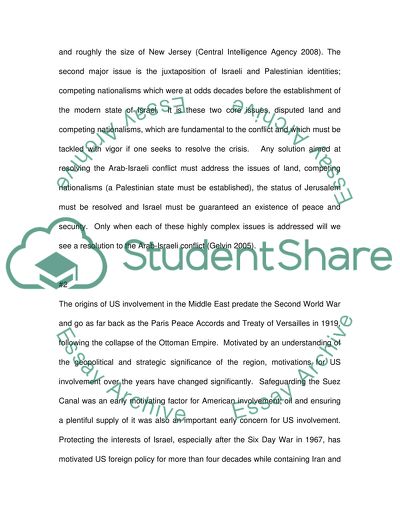Cite this document
(A Jewish State in the Middle East Assignment Example | Topics and Well Written Essays - 1500 words, n.d.)
A Jewish State in the Middle East Assignment Example | Topics and Well Written Essays - 1500 words. Retrieved from https://studentshare.org/history/1550084-middle-east-history-5-questions
A Jewish State in the Middle East Assignment Example | Topics and Well Written Essays - 1500 words. Retrieved from https://studentshare.org/history/1550084-middle-east-history-5-questions
(A Jewish State in the Middle East Assignment Example | Topics and Well Written Essays - 1500 Words)
A Jewish State in the Middle East Assignment Example | Topics and Well Written Essays - 1500 Words. https://studentshare.org/history/1550084-middle-east-history-5-questions.
A Jewish State in the Middle East Assignment Example | Topics and Well Written Essays - 1500 Words. https://studentshare.org/history/1550084-middle-east-history-5-questions.
“A Jewish State in the Middle East Assignment Example | Topics and Well Written Essays - 1500 Words”, n.d. https://studentshare.org/history/1550084-middle-east-history-5-questions.


